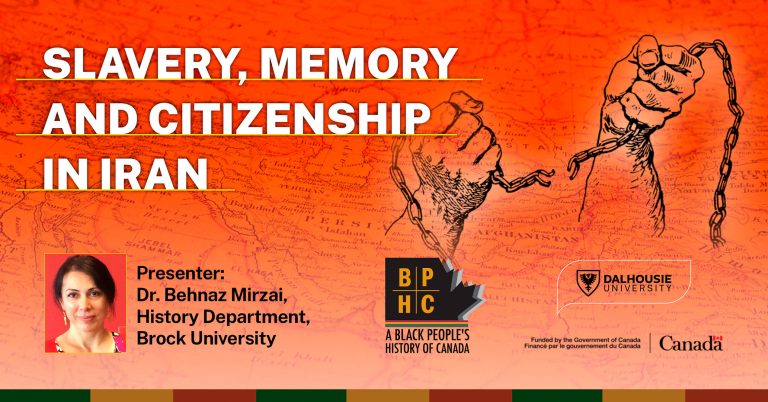An Exhibition at Queens’ College, Cambridge, UK
Curated by Tim Eggington, Lucille Munoz and Emma Sibbald, with the assistance of Emma Anderson and Harry Bartholomew.
‘Among the various evils to which society has been subjected, none have been more general or more deadly than slavery. No portion of the globe has been exempt from this curse.’
Alexander Crummell,The Future of Africa (1862)
About the Exhibition
View the Exhibition Booklet
Books and documents collected and written by Queens’ members during the eighteenth and nineteenth centuries offer eloquent testimony to Britain’s engagement with the deadly trade in slaves, the consequences of which are felt to this day. This exhibition features texts and other objects as a means to better understand the multifaceted part played by Queens’ College and its members in this history. With its main source of income having been from fees and rents, there is little evidence to suggest that Queens’ College ever invested in the South Sea or other slave-trading companies, the only known exception being some East India Company bonds purchased in the 1760s. Yet, as many observed at the time, the increasing availability to British consumers of sugar and other slave produced commodities made complicity in the slave trade difficult to avoid. In such an environment, it is unsurprising that the college’s legacies of enslavement can easily be identified in its habits of consumption as revealed in its archive collections. There are, however, more insightful stories to be told that are specific to Queens’, many of which invoke the college’s founding role as a house of prayer and religious study. These stories reveal the intellectual and material links between Anglican Christianity and the slave economy that fed and enabled the practice of enslavement, as well as its eventual decline. Such links can be seen in, for example, the remarkable achievements of the African-American minister, abolitionist and African nationalist, Alexander Crummell who graduated from Queens’ in 1853. As a descendent of enslaved people, he overcame the severest obstacles to attain distinction as a statesman, and his influence is recognised to this day. Such links can also be seen in the career of the Evangelical President, Isaac Milner (1750-1820). Under his energetic leadership the college assumed a leading role within a network of influential figures whose shared religious and political agenda included a highly vocal opposition to slavery as a sin against God and man. This did not, however, prevent the college from simultaneously benefitting from the patronage of students who hailed from plantation owning families in the West Indies, or from those who went on to attain great wealth from the slave economy. Indeed, the legacies of enslavement at Queens’ underline in microcosm a complex of social, political and spiritual factors out of which enslavement came to assume so natural a part of life in Britain during its age of empire.
Source: queensoldlibrary.org/Exhibitions/Enslavement-Salvation
Images are reproduced by kind permission of the President and Fellows of Queens’ College, Cambridge.





